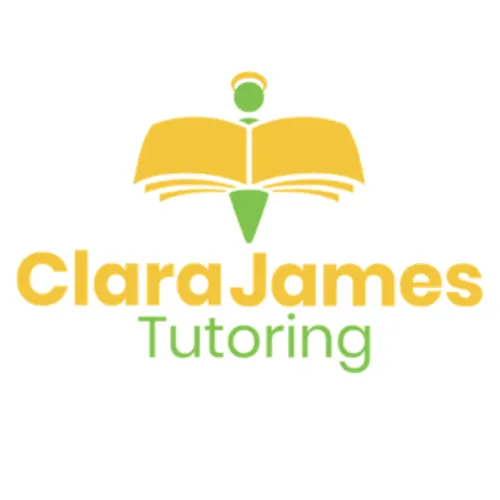Clara James Tutoring
BLOG POSTS

Silly Sentences
One of my favourite games when structuring sentences and focusing on handwriting or punctuation, is silly sentences. It’s easy to create and can be quite funny. A couple of people I’ve played it with in the past haven’t enjoyed writing sentences that they see as not making sense rather than bizarre, but I will explain it just in case you want to give it a go.
Write, maybe 10 or so sentences along the lines of:
The black cat ate quietly.
The orange fish swam quickly.
The old dog snored loudly.
The green parrot flew gracefully.
The wise owl looked eagerly.
Once you have all 10 cut them up and put the face down in piles of openers, adjectives, noun, verb, adverb. Then individually shuffle each pile.
The first person then takes a word from the top of each pile and writes it down to create a new ‘silly sentence’. They might reveal something like: The orange dog flew eagerly.

Other times you might get something less inspiring such as: the black dog ate eagerly.
You can use multiple adjectives if you want to which will make the sentences more entertaining and descriptive, but it very much depends on your focus.
You may decide to change the game slightly and having cut your words up create a board that tells you to place a adjective here, noun her, verb here, etc. Then you take it in turns to turn a word and put each one in its designated spot. The first person to fill their board wins. That way if you don't want to make 'silly sentences' as such you will hopefully get the opportunity to make sentences which make more sense.
Enjoy it though, and I hope you get some ‘interesting’ results.

Our goal at Clara James Tutoring is to make learning fun and accessible to everyone. If children are engaged in what they are doing they are more likely to want to participate, if they are enjoying it, they are more likely to relax and retain the information.
If they are retaining the information it will help boost their knowledge and with knowledge comes confidence.
If you have a child who enjoys learning through games and being more creative, and you enjoy spending time with them, you might be interested in the Clara James Approach, the membership group we have put together to support you in supporting your primary school aged child with their maths and English.
Interested?
Click here to learn more: The Clara James Approach
Morning,
I hope the week is going well.
So many people seem to be doing D of E and work experience
at the moment, good luck if that’s you and if you’re at Marlow Camp next
fingers crossed for good weather!
I’ve just finished a lesson on division. It seems to be
something that messes with the brains of so many people.
I found it got easier when I stopped thinking about it as
division and instead thought about it as multiplication. So, if for example I
had the question 396 divided by 3, I would look at it as 3x what = 3. My answer
would be 1. How many times would I need to multiply 3 to get to 9, (my answer
would be 3). Then 3x something = 6. My answer would be 2. Giving me the overall
answer of 132.
I know that’s a really simple example but hopefully it explains
my point.
Thankfully in schools they don’t often seem to need to do
long division, but I’ve worked with a couple of adults (generally nurses for
some reason) who have needed it.
I think I’ll explain this one in a video, as it will be too
complicated to explain it with words as bits get put all over the place. I hope
this makes sense though:
Enjoy the rest of the week and speak soon,
Dawn

